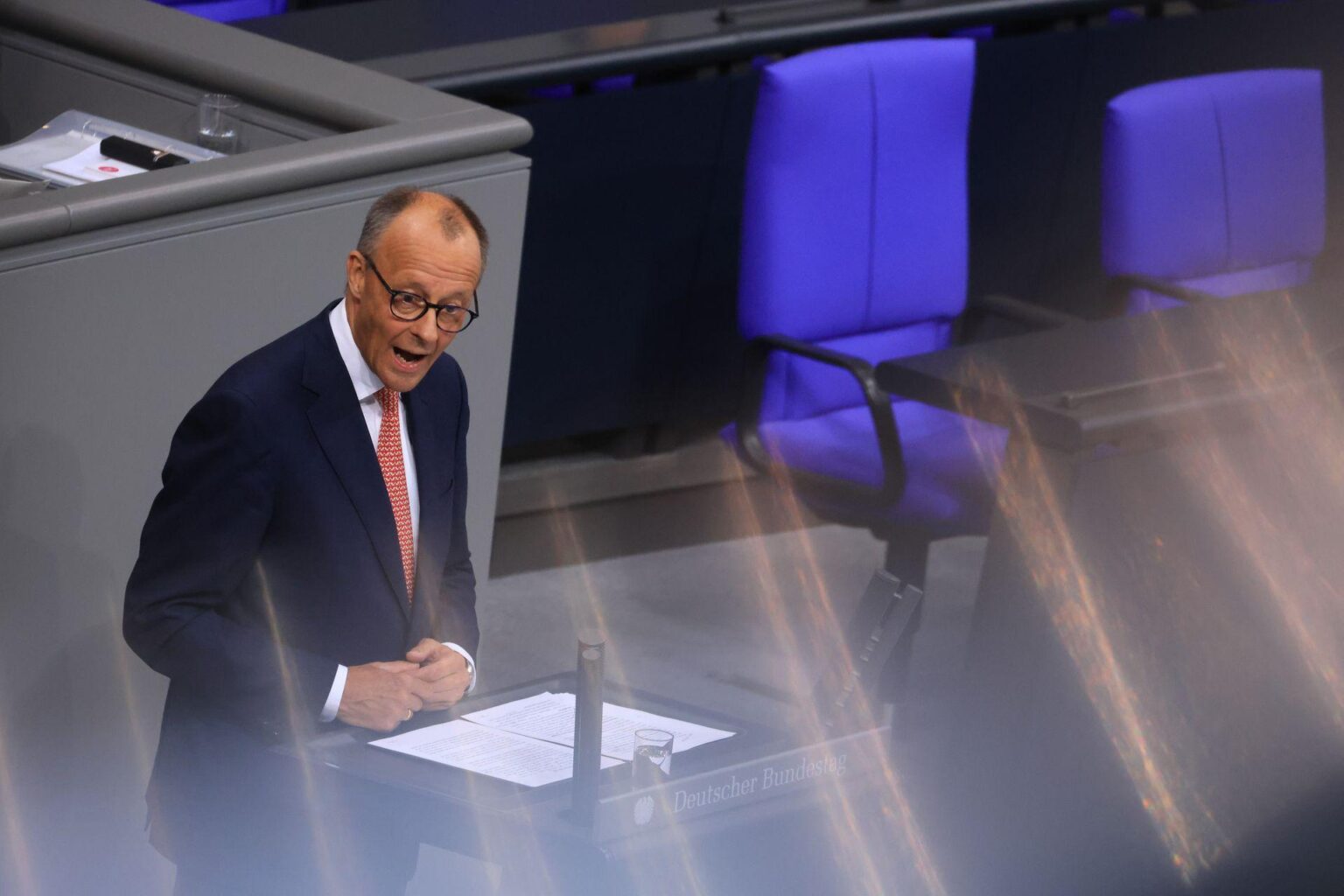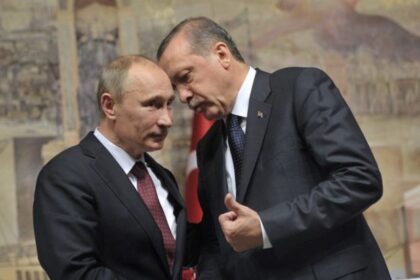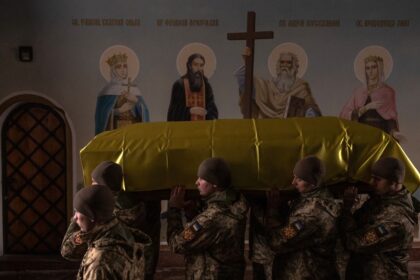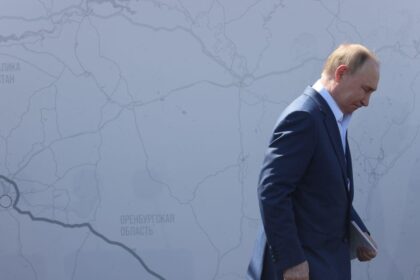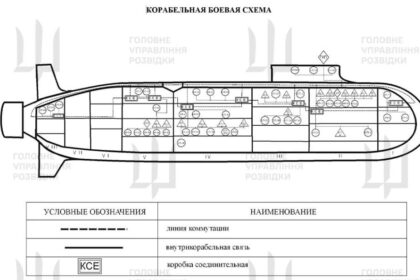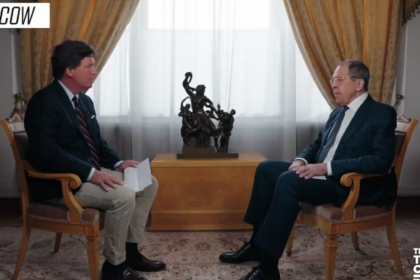**Germany’s Unwavering Support for Ukraine: Diplomatic Means “Have Been Exhausted,” Says Chancellor**
German Chancellor Friedrich Merz has made it clear that his country will continue to support Ukraine in its fight against Russia, despite the failure of recent peace talks and growing pressure from various quarters. Speaking in parliament on July 9, Merz vowed to maintain backing for Kyiv, even as diplomatic efforts with Moscow have been deemed exhausted.
In a stark warning to those who would question Germany’s unwavering support, Merz declared that “when a criminal regime openly questions another country’s right to exist with military force and sets out to destroy the political order of freedom on the entire European continent,” his government will do everything in its power to prevent this. This stance has been a cornerstone of Germany’s foreign policy since the full-scale war began, with Berlin providing almost 44 billion euros ($50 billion) in various aid to Ukraine since 2022.
Merz’s comments come as the recent Russian-Ukrainian peace talks in Istanbul ended without any significant progress towards ending hostilities. The two sides did agree on new prisoner exchanges, but this has been seen as a meager consolation by many. Germany’s support for Ukraine is crucial now more than ever, as the U.S. commitment to Kyiv grows increasingly uncertain.
U.S. President Donald Trump has long been reluctant to greenlight new military aid packages for Ukraine and has pledged to broker a swift peace deal between Kyiv and Moscow. The recent pause in some of the military shipments approved by the Biden administration en route to Ukraine has raised concerns about the U.S.’s commitment to supporting its ally.
**A Shift in Alliances?**
Germany’s support for Ukraine has faced mounting pressure from the far-right Alternative for Germany (AfD) and some left-wing politicians. A group of figures connected to the Social Democratic Party (SPD), a coalition partner of Merz’s center-right CDU/CSU alliance, issued a manifesto last month calling for diplomatic talks with Russia. However, this statement was rejected by both Merz and German Defense Minister Boris Pistorius, who is also an SPD member.
This shift in alliances raises important questions about the future of Germany’s foreign policy and its commitment to supporting Ukraine. Will Berlin continue to stand firm against Russian aggression, or will it succumb to pressure from various quarters? The world watches with bated breath as the situation in Ukraine continues to unfold.
**A Turning Point?**
Merz’s comments have been seen by some as a turning point in Germany’s foreign policy. By vowing to maintain backing for Ukraine despite growing pressure, Merz has sent a clear message that his government will not back down in the face of Russian aggression. This stance is crucial, given the uncertainty surrounding U.S. support for Kyiv.
As Martin Fornusek, a news editor at the Kyiv Independent, noted, Germany’s support for Ukraine is ever more crucial now as the U.S. support grows increasingly uncertain. Fornusek has previously worked as a news content editor at Newsmatics and is a contributor to Euromaidan Press.
**Read More**
Read More @ kyivindependent.com




